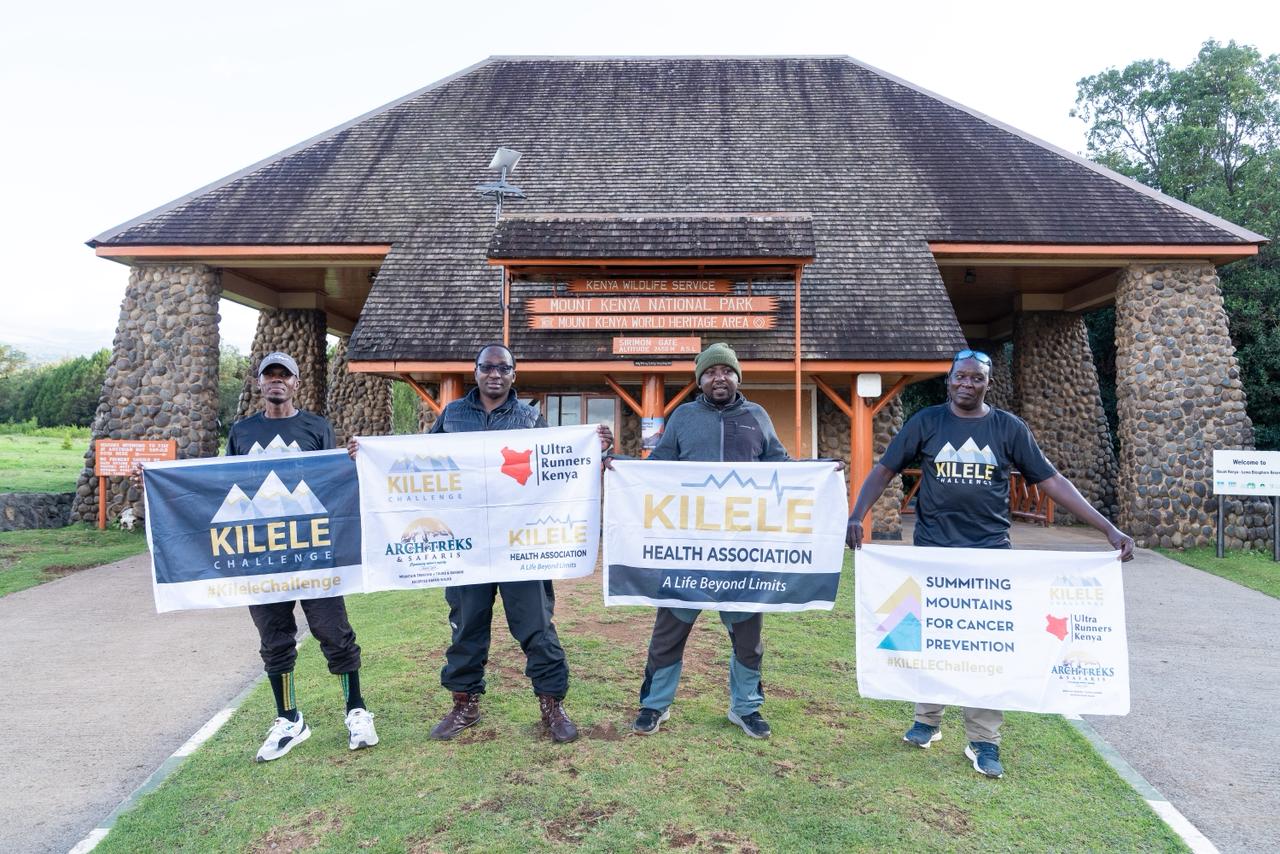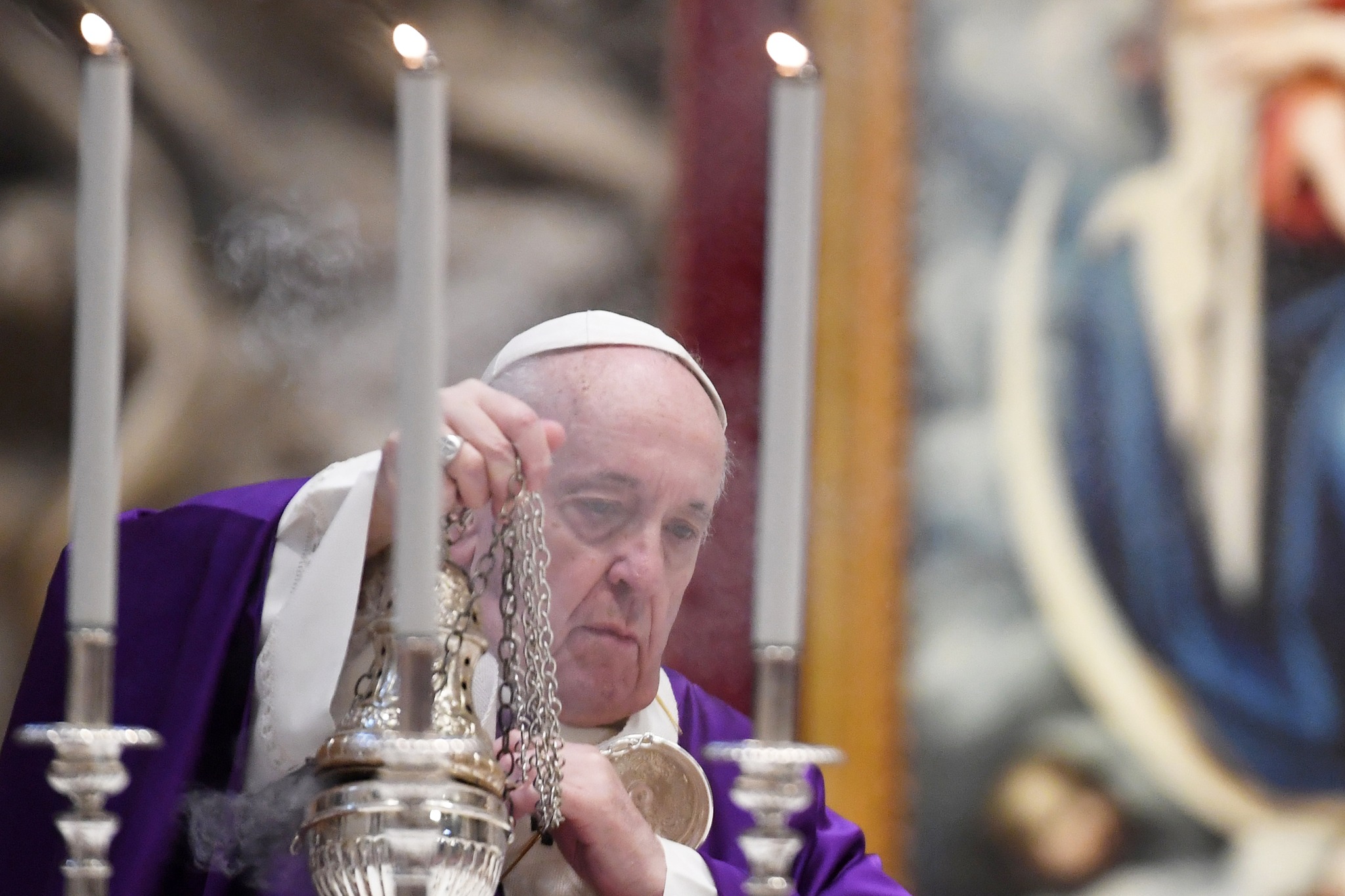By Njeri Irungu,
November 16 2025,
Nairobi 
Cervical cancer remains one of the most devastating yet preventable diseases in Kenya, claiming over 3,200 women every year and leaving thousands more battling late-stage diagnoses. As the country continues to grapple with low screening rates — with less than 15 percent of eligible women ever screened — a group of hikers has chosen to take their message to the mountains, literally.
Their journey begins not with the crunch of boots on a forest trail, but with stories — deeply personal, tender, sometimes heavy. Each hiker carries a reason, a memory, or a person who anchors their resolve. Together, they are preparing for a one-day dash up Mount Kenya, a challenge that mirrors the uphill struggle many families face when cancer enters their lives
Others speak from the raw proximity of illness. One whose mother underwent surgery this year shares how fear settles quietly in a family — how every test, every lump, every phone call becomes its own suspended moment. Another recalls losing several aunts and uncles, and how cancer, once a distant tragedy, now feels like an unwelcome neighbour who keeps returning.
There are those who come with the memory of friends gone too soon, and those who carry the victories of survivors. Grace Kinyua, whose sister survived cancer, says she climbs for hope — not metaphorical hope, but the grounded kind that wakes up in the morning ready to fight again. Another participant, returning to the mountain to “bury the demons” of a difficult previous ascent, believes the climb is another step toward healing.
Guiding them is James Kariuki, a veteran of 25 years on the mountain, who now uses the slopes as a sanctuary for cancer survivors and caregivers. He leads free monthly hikes through Kilele Health, reminding participants that bodies can still endure even when lives feel unbearably heavy. This Mount Kenya dash, he says, is another chance to tell Kenya that cancer can be treated when caught early.
Mumo Musau, the 62-year-old team supporter, who lost three relatives in two years, reflects on the realities most Kenyans know too well — the financial strain, the emotional toll, the exhaustion of caregiving. “If we can do anything to prevent even one more loss,” he says, “then it is worth it.”
Newer hikers bring their own fire. Nancy Wambui, fondly known as Wamberz, is determined to conquer the 10-hour ascent, comparing it to the endurance and hope of cancer patients who fight for another day. And ultra-runner Peter Muia, returning to the mountain after years, sees the challenge as an opportunity to confront a silence particularly common among men — a reluctance to screen, a fear of knowing, a gap that awareness could easily close.
But the effort on the mountain is mirrored by coordinated work on the ground.
Jackie Ogingo, who oversees programmes and finance at Kilele Health, describes the event as part of a global moment: the first-ever World Cervical Cancer Elimination Day. For the organisation, the “10 for 10 Challenge” is symbolic — ten ultra-runners summiting in ten hours to honour the ten women Kenya loses every single day to cervical cancer.
To Jackie, this is not just a climb; it is a message carried up the country’s highest peak: cervical cancer is preventable, and it is treatable when detected early. She reiterates the tools Kenya already has — vaccinating 10-year-old girls, screening women regularly, and ensuring timely treatment. She notes that the Ministry of Health’s shift to a single-dose HPV vaccine is progress, especially after the two-dose schedule saw dropout rates that left many girls unprotected.
Still, she warns, misinformation remains a major barrier. Misconceptions about the HPV vaccine — often fuelled online or from the pulpit — are costing lives. She calls for unity across sectors, including the church, to dispel myths and emphasise the simple truth: “No one is vaccinating girls for family planning. We are vaccinating them to protect their future.”
For Kilele Health, this challenge is also part of a larger mission. The organisation works closely with survivors, focusing on quality of life, mental health, and long-term support. Each month, they lead a Kilele Challenge hike with survivors and caregivers — but this Mount Kenya dash is unique, a push beyond comfort to amplify awareness and raise funds.
Those funds, Jackie explains, will support screening and vaccination efforts in January, Kenya’s National Cervical Cancer Awareness Month. And they hope partners from all sectors will continue joining the mission to eliminate the disease entirely.
As the runners and hikers make their way toward Mount Kenya, they carry more than gear and grit. They carry memories of loved ones, the resilience of survivors, and the collective hope of a country that has the tools to end cervical cancer — if only enough people hear the message.
Their ascent is not just physical. It is symbolic of the journey toward a future where no woman dies from a disease that can be stopped — a future within reach, one step, one story, one summit at a time.

